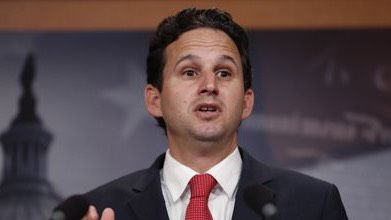The U.S. Senate unanimously passed a bill Thursday that would make it easier for domestic abuse survivors to get out of wireless service plans shared with their abuser.
The Safe Connections Act, co-authored by Sens. Brian Schatz, D-Hawaii, and Deb Fischer, R-Neb., would help to eliminate one way abusers continue to monitor, stalk and control the individuals they have abused.
“Giving domestic violence abusers control over their victims’ cellphones is a terrifying reality for many survivors. Right now, there is no easy way out for these victims – they’re trapped in by contracts and hefty fees. Our bill helps survivors get out of these shared plans and tries to find more ways to help victims stay connected with their families and support networks,” Schatz said.
As the senators noted, survivors of domestic violence, dating violence, stalking, sexual assault, and human trafficking often struggle to establish independence from an abuser due to financial insecurity and limited access to communication services that connect them to family, social safety networks, employers, and support services.
The Safe Connections Act would allow survivors to separate a mobile phone line from any shared plan that includes an abuser without penalty. This includes separate lines for dependents in their care.
The bill would require the Federal Communications Commission to begin the process of helping survivors who separate from a shared plan enroll in a Lifeline Program for up to six-months as they become financially stable and would ensure any calls or texts to hotlines do not appear on call logs.
The bill now heads to the U.S. House of Representatives for consideration.
Michael Tsai covers local and state politics for Spectrum News Hawaii.



